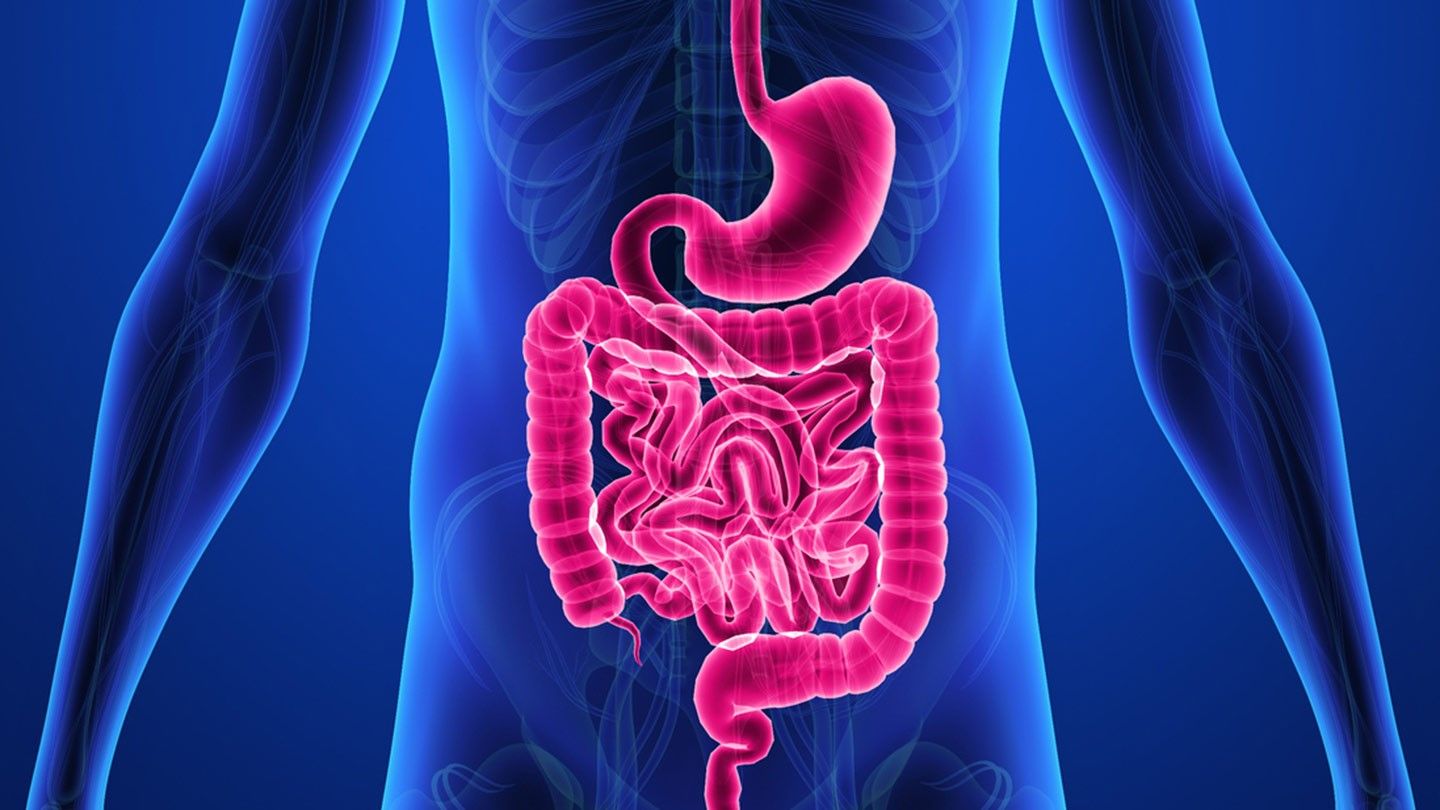A new link has been established between psychological stress and Crohn’s disease (CD), according to a recent paper released in Nature Communications.
In the paper, initiated by researchers from McMaster University, it describes research conducted on mice and subsequent bodily changes pertaining to Crohn’s disease.
In past research, it has been suggested that Crohn’s disease may deteriorate as a result of an imbalance of bacteria in the gut microbiome, flaring up symptoms. In the new research, however, stress may cause such an imbalance to occur.
As part of the research, mice in the lab were stressed through a lack of feeding for 16 hours or restraining overnight. Thereafter, researchers measured numerous types of bacteria found in the gut, as well as stress hormone levels.
“We conclude that psychological stress impairs IL-22-driven protective immunity in the gut, which creates a favorable niche for the expansion of pathobionts that have been implicated in Crohn’s disease,” said Christopher Shaler and his colleagues in the findings.
“Importantly, this work also shows that immunomodulation can counteract the negative effects of psychological stress on gut immunity and hence disease-associated dysbiosis.”
The results of the study indicated that stress may weaken the immune response in the gut, leading to the thriving of harmful types of bacteria, potentially impacting the gut lining. A reduction in the production of stress hormones resulted in an improved immune response and less detection of bad bacteria. Subsequent symptoms of Crohn’s disease also decreased.
“Overall, our study shows that psychological stress creates a beneficial environment for adherent-invasive E. coli (AIEC), a CD-associated pathobiont in the gut,” Shaler and his colleagues determined.
“This work reveals insight into the role that psychological stress plays in disease expression of CD. Uncovering the interactions between microbes, the host immune system, and epithelial host defenses will lay the biological underpinnings that guide preventions and therapies that address unmet clinical needs for CD management.”


